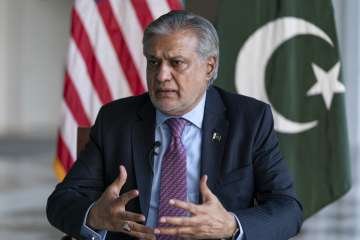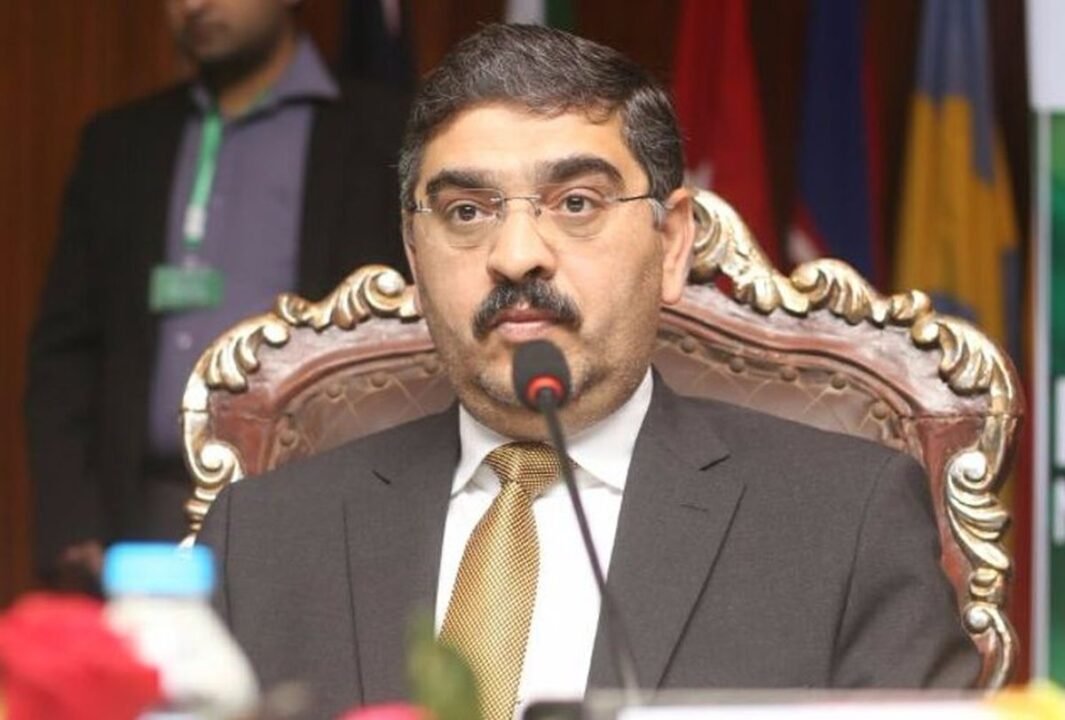SOFIA, Bulgaria (AP) — Bulgaria’s parliament on Tuesday formally approved an interim government to run the EU member country until snap parliamentary and regular European Parliament elections on June 9.
Dimitar Glavchev, 60, was sworn in as interim prime minister in a ceremony at the National Assembly, where his ministers were also taking the oath of office. He was picked by Bulgarian President Rumen Radev under recent constitutional amendments that limited his choice to just a few senior state officeholders.
Glavchev, the head of the National Audit Office and a former legislator from the center right GERB party and speaker of parliament, said the ministers he selected for his interim Cabinet are “equally distant from all political parties.”
The move comes after the two largest political groups — GERB and reformists led by We Continue the Change — failed to find common ground to continue their uneasy coalition after nine months in office. The coalition’s collapse in March helped pave the way toward a snap parliamentary election, the sixth since April 2021, which is expected to deepen the political crisis and put on hold key reforms.
Disagreements between the two former coalition partners continued over some of the ministers in the interim government. The reformists complain that their opponents dominate the new Cabinet and may use their positions to clinch an unfair election victory.
Reformist leader Kiril Petkov said the choice of Interior Minister Kalin Stoyanov in the interim government “is outrageous and offensive, a poor attempt to cover up the various dependencies in this Cabinet.”
Civil groups have alleged that Stoyanov was responsible for vote-buying during previous local elections.
Elections in post-Communist Bulgaria have been generally free and democratic, but issues like vote-buying and corporate voting have often been part of past election cycles.
Glavchev’s main task will be to organize a fair election in the graft-ridden Balkan country of 6.5 million, which has the worst income inequality in the 27-member European Union.
Analysts predict that June’s early election will probably lead to another fragmented parliament, which would bring more political instability and dash hopes for full admission to the EU’s visa-free Schengen area and the euro zone, and to secure the release of billions of euros in EU recovery funds.
Opinion polls suggest the upcoming vote could bolster the presence of nationalist and pro-Russian parties that are exploiting fears in Bulgaria and benefitting from disinformation from Moscow that has created deep rifts in society. (AP)












